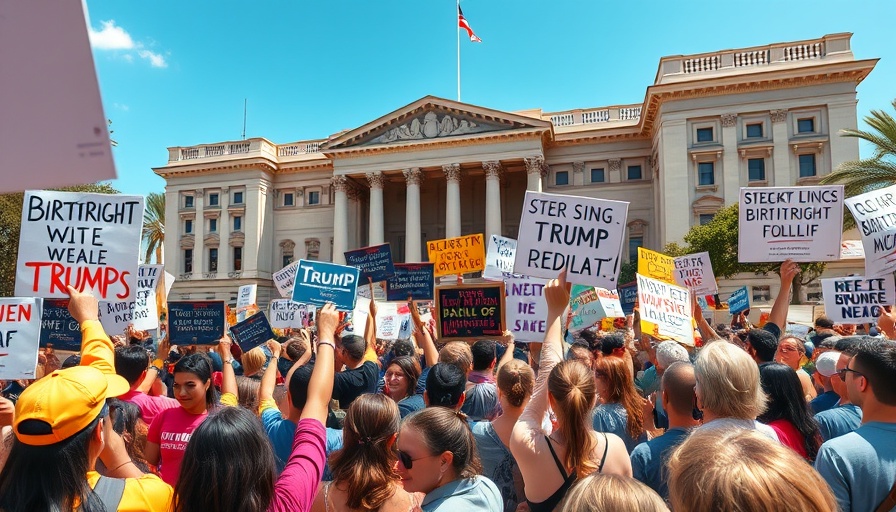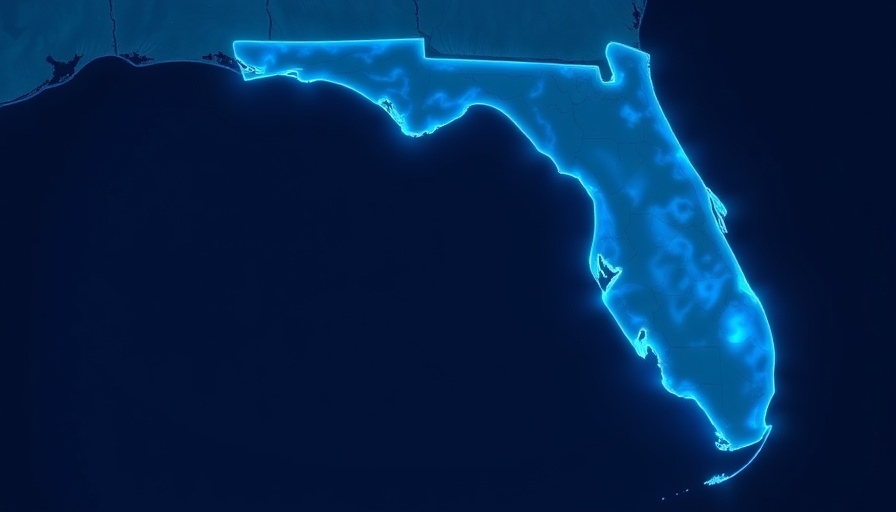
Understanding Birthright Citizenship: A Fundamental Right
Birthright citizenship is a legal principle that grants citizenship to anyone born within the United States, regardless of their parents' immigration status. This foundational right originates from the 14th Amendment, ratified shortly after the Civil War, aimed at ensuring that formerly enslaved individuals and their descendants were recognized as citizens. The amendment's wording, "All persons born or naturalized in the United States, and subject to the jurisdiction thereof, are citizens of the United States," establishes a clear framework for citizenship that has persisted for generations.
The Supreme Court’s Recent Ruling: Uncertain Outcomes Ahead
The recent Supreme Court ruling regarding President Donald Trump's efforts to end birthright citizenship has reignited national debate. While the court's decision might seem like a victory for the administration, it merely sends the legal challenges surrounding Trump’s executive order back to lower courts. The uncertainty that remains about the future of birthright citizenship means that advocates are preparing for a long, uphill legal battle. Immigrant rights groups are vocal about their commitment to protecting this century-long precedent, emphasizing the importance of this right to the American identity.
Historical Context: Why Birthright Citizenship Matters
To understand the implications of the Supreme Court's ruling, we must first recognize the historical significance of birthright citizenship. Enshrined as a guarantee of civil rights, it not only ensures that children born in America can claim citizenship but also reflects broader issues of equality and human rights. Fast forward to the landmark Supreme Court case of "United States v. Wong Kim Ark" in 1898, where the court ruled that the children of non-citizen parents born in the U.S. were still citizens. This ruling reaffirmed the principle that being born on American soil confers citizenship, irrespective of one’s ancestry.
Fighting Against Potential Changes: The Role of Activism
In light of this evolving legal landscape, immigrant advocates are mobilizing to ensure that birthright citizenship remains intact. Protests have erupted across the nation, demonstrating community support for keeping birthright citizenship as a legal standard. Jenny Harris, an immigrant rights advocate from Baltimore, recently stated during a rally, "Ending birthright citizenship would strip away the American identity from countless children; we won't stand for that." This grassroots activism is vital as it sensitizes policymakers to the potential repercussions for families and communities nationwide.
What Lies Ahead? Predictions and Insights
The road ahead for birthright citizenship is fraught with challenges. Experts predict that the ongoing legal battles could take years to resolve, and until then, ambiguity will reign. Many are concerned about the implications of curtailing this right not only for children born to undocumented immigrants but for the very fabric of American society—a society built on the principle of inclusivity. Advocates warn that any movements to rescind birthright citizenship could lead to a slippery slope, undermining the civil liberties many Americans cherish.
Take Action: Get Involved in the Conversation
As this vital discussion evolves, it is essential for community members, especially those in Suncoast and beyond, to engage in conversations about the future of birthright citizenship. Understanding the implications and advocating for inclusive policies is crucial for nurturing a society that values every individual.
 Add Row
Add Row  Add
Add 


Write A Comment